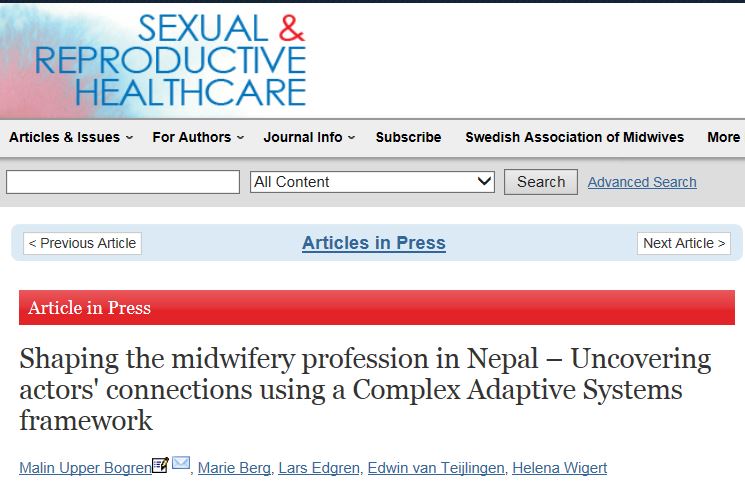 The international journal Sexual & Reproductive Healthcare (Elsevier publication) published the online first version of our latest maternity-care research paper on Nepal [1]. This paper is part of the successfully completed PhD research project of Malin Bogren (first author). The paper uses a qualitative approach based on the framework of Complex Adaptive Systems. Malin conducted semi-structured interviews with 17 key people representing eight different organisations (actors) promoting the development of the midwifery profession in Nepal. The move of midwifery from an occupation to a profession in Nepal is a challenging process. The study indicates the importance of understanding the motivations of, and barriers perceived by, actors that can promote or obstruct the establishment of the midwifery profession. It also points to the importance of informing the wider public about the role and responsibility of an autonomous midwifery profession.
The international journal Sexual & Reproductive Healthcare (Elsevier publication) published the online first version of our latest maternity-care research paper on Nepal [1]. This paper is part of the successfully completed PhD research project of Malin Bogren (first author). The paper uses a qualitative approach based on the framework of Complex Adaptive Systems. Malin conducted semi-structured interviews with 17 key people representing eight different organisations (actors) promoting the development of the midwifery profession in Nepal. The move of midwifery from an occupation to a profession in Nepal is a challenging process. The study indicates the importance of understanding the motivations of, and barriers perceived by, actors that can promote or obstruct the establishment of the midwifery profession. It also points to the importance of informing the wider public about the role and responsibility of an autonomous midwifery profession.
The paper adds to our previous work around midwifery in Nepal [2-3].
Prof. Edwin van Teijlingen
CMMPH
References:
- Bogren, M.U., Berg, M., Edgren, L., van Teijlingen, E., Wigert, H. (forthcoming) Shaping the midwifery profession in Nepal – Uncovering actors’ connections using a Complex Adaptive Systems framework. published online: October 4, 2016
- Bogren M, van Teijlingen E., Berg M. (2013) Where midwives are not yet recognized: A feasibility study of professional midwives in Nepal, Midwifery 29(10): 1103-1109.
- Bogren, M.U., Bajracharya, K., Berg, M., Erlandsson, K., Ireland, J., Simkhada, P., van Teijlingen, E. (2013) Nepal needs midwifery, Journal of Manmohan Memorial Institute of Health Sciences (JMMIHS) 1(2): 41-44.
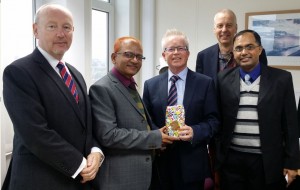
 MMIHS publishes its own journal the
MMIHS publishes its own journal the 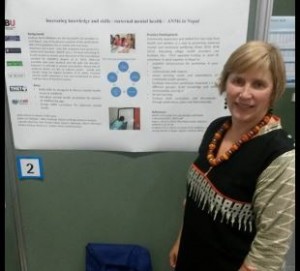
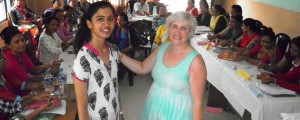

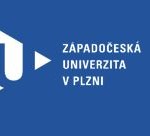

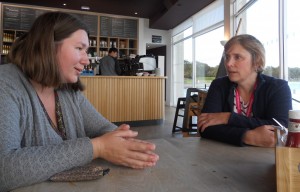
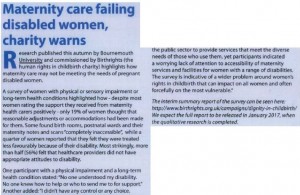 The study
The study 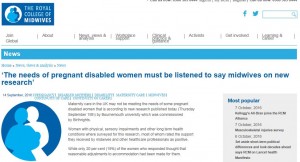
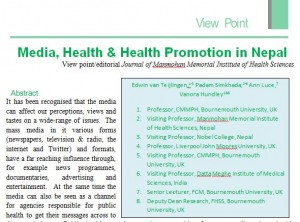

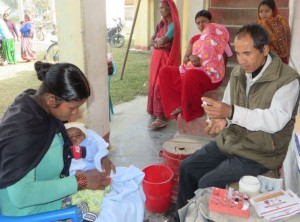
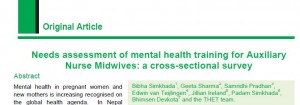

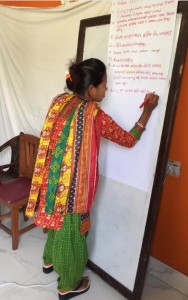
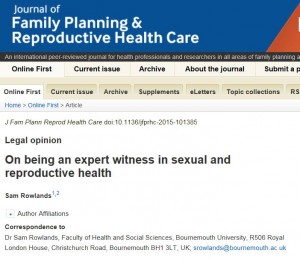


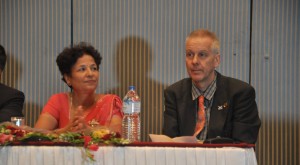
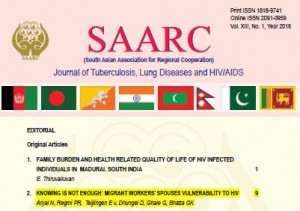
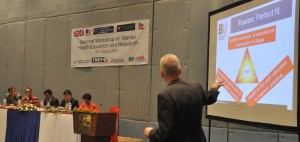
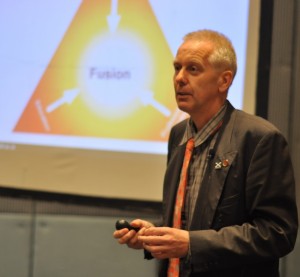

 Congratulations to Dr. Pramod Regmi as the lead author of the paper ‘
Congratulations to Dr. Pramod Regmi as the lead author of the paper ‘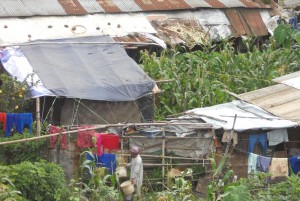
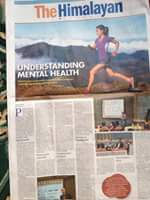
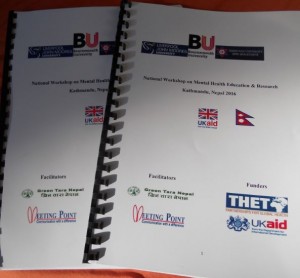
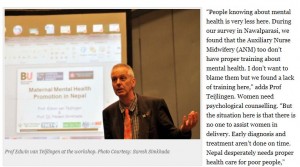
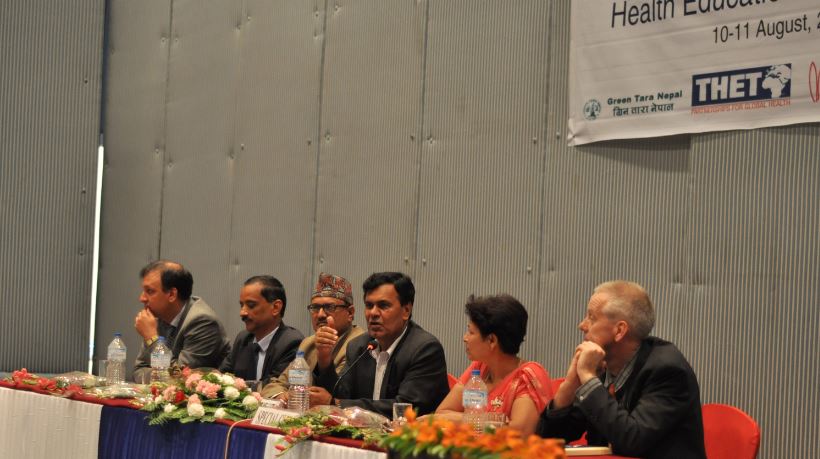
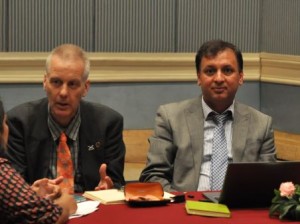
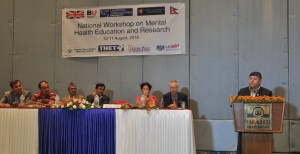
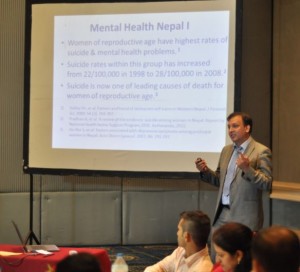
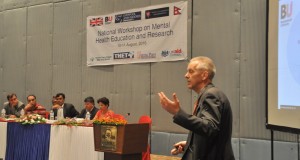
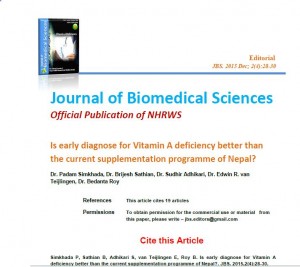
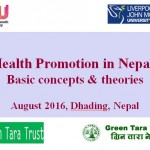
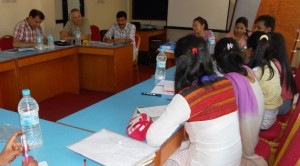
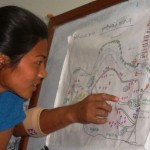
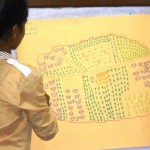











 Upcoming opportunities for PGRs – collaborate externally
Upcoming opportunities for PGRs – collaborate externally BU involved in new MRF dissemination grant
BU involved in new MRF dissemination grant New COVID-19 publication
New COVID-19 publication MSCA Postdoctoral Fellowships 2024
MSCA Postdoctoral Fellowships 2024 Horizon Europe News – December 2023
Horizon Europe News – December 2023